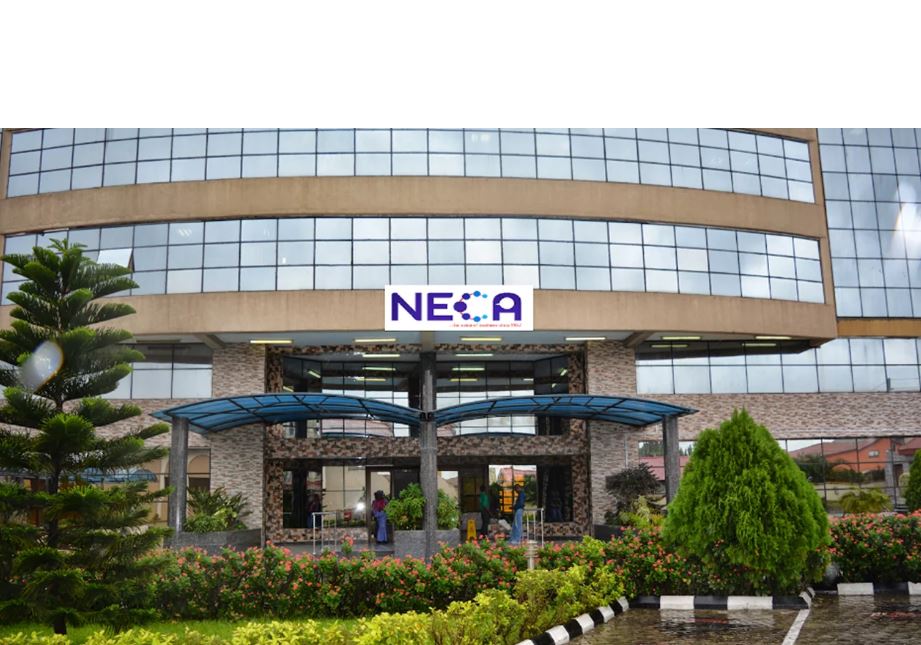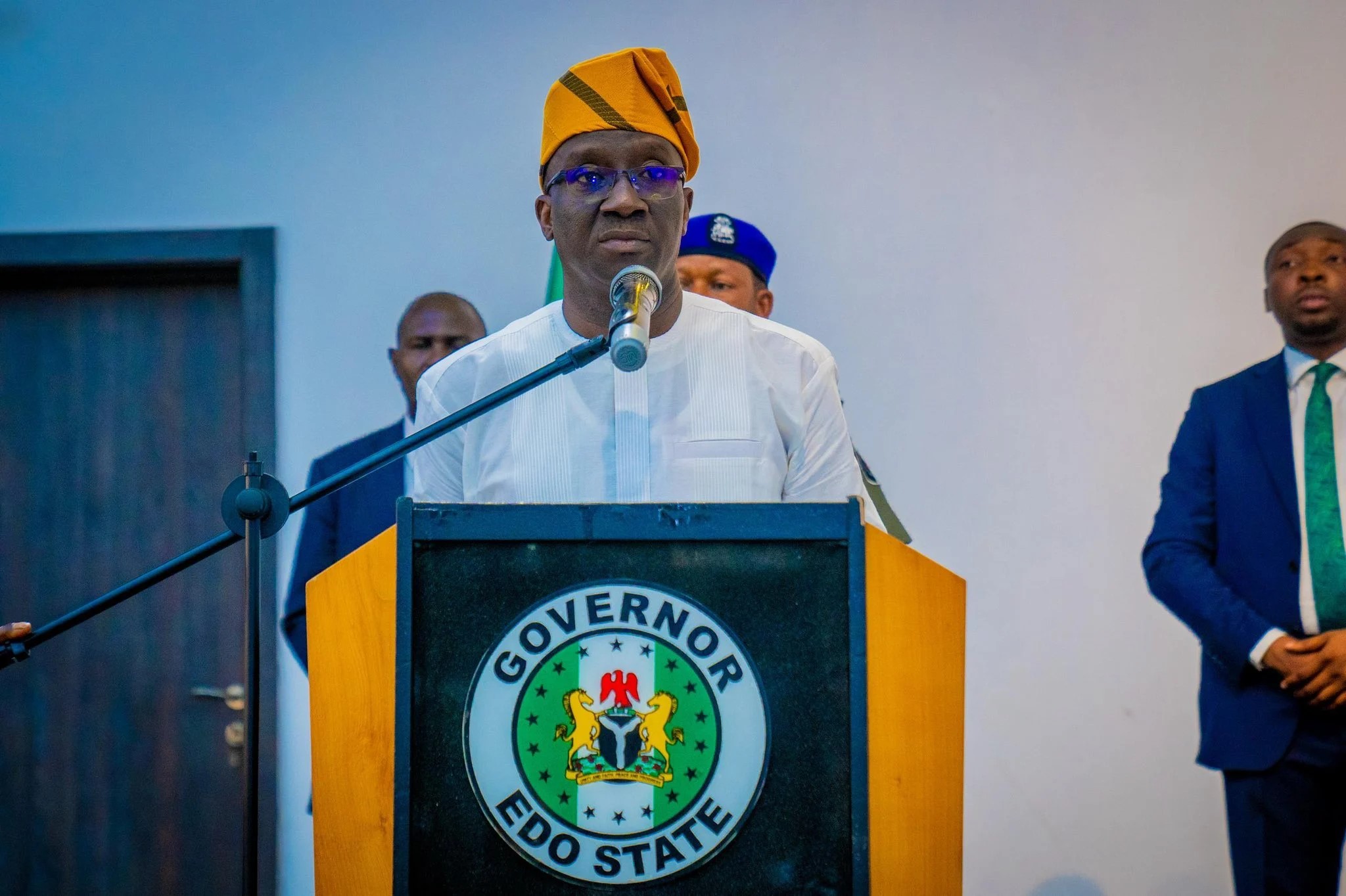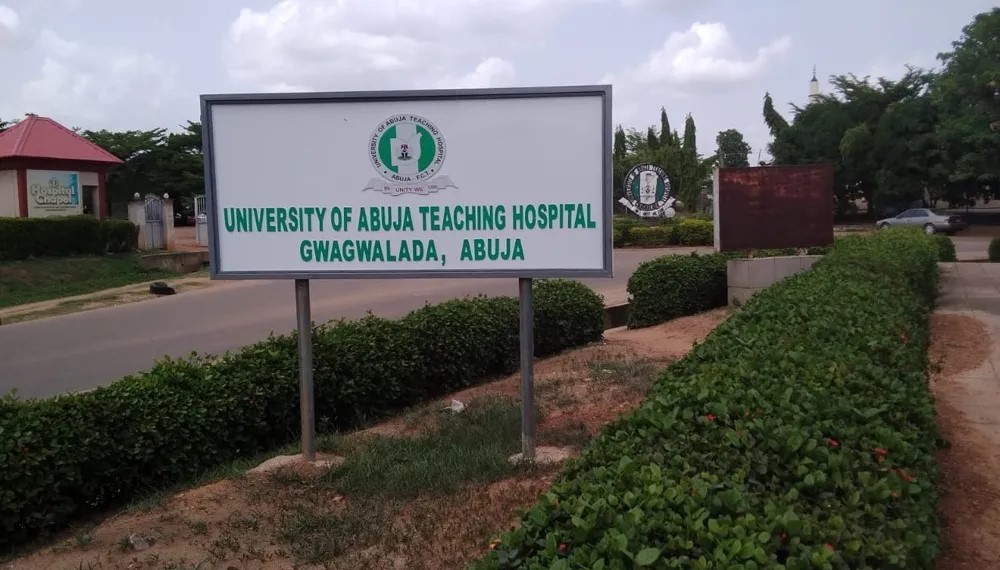
The Nigerian Employers’ Consultative Association (NECA) has canvassed collaboration with the Economic and Financial Crimes Commission (EFCC) to combat the mounting losses to fraud in the private sector.
Speaking last Friday during an official visit to the EFCC Chairman, Mr. Ola Olukoyede, the association’s Director General and Chief Executive Officer, Mr. Adewale Oyerinde, said, “we are here to seek collaboration with the EFCC in whatever context and partnership in tackling the issue.”
He added that NECA was open to collaborating with the anti-graft agency by organising joint workshops on “the role of the private sector in reducing or eradicating the menace of money laundering, cyber crime and identity thefts,” which he said was worrying to the organised private sector.
In addition, he said NECA would be willing to work with the EFCC to establish “a structured engagement framework with between NECA and EFCC that would ensure a periodic engagement for knowledge sharing which is very vital to tackling money laundering, ensuring compliance, fraud prevention and governance ethics.”
In his response, the EFCC Chairman described corruption and financial crimes as the greatest problems, threatening to cripple economic development of the country.
The EFCC boss said, “You don’t need a soothsayer or a prophet to tell anyone in Nigeria that our major problems are financial crimes and corruption. One of the major obstacles to our economic development, an albatross and a cankerworm to our progress is the issue of corruption and financial crimes. And that is exactly our mandate.”
He appealed to Nigerians to support the anti-graft efforts, as there was no other option than for everyone to come together to confront the malaise. “It’s important for people to identify with our cause. Even though we know it’s difficult to fight the menace, it’s much worse if you don’t fight it at all, because of the impact and the effect on the lives of the people,” he said.
According to him, the EFCC under his leadership prioritised prevention in the anti-corruption fight, adding, “when you fight corruption, you ensure that you block the loopholes through preventive means, which is what we are doing now in EFCC. In the last eight months, we are mobilising our resources towards prevention. We no longer have to wait for money to be stolen before we go into action. And that was what led to my establishing a new department called Fraud Risk Assessment and Control, with which we are effectively looking into the finances of MDA’s, particularly with this new budget.
“Now as the releases are being made, we are following them through. That’s one of the things we have decided to do to ensure that people have the benefit and dividends of democracy and good governance. Like I keep telling people, it costs less to prevent than to investigate and recover where money has been stolen,” he said.
He urged the NECA as a federation of private sector employers to pay closer attention to mitigating employment fraud as it relates to how employers defraud their staff and vice versa.
“In 2007, way back before I came to the EFCC, I did research into employment fraud, covering how employers defraud their staff and now employees also perpetrate fraud against their employers. I discovered way back then that Nigeria lost over N40 billion every year to employment fraud.
“Eventually when I became chief of staff in the EFCC, we investigated the IPPIS platform and discovered that a lot of people collected salaries when they were not in the employment of the government and we’re able to save the government billions of naira. As I am talking to you, we are still investigating that because the crooks keep on bringing up new strategies, while we also continue to devise new means of checkmating them,” he said.
While assuring NECA of the anti-graft agency’s support, Olukoyede also said there was a need to make workers align with best practices.
He added, “I want to identify with your cause and I want to pledge our support to what you’re doing, going forward. We are ready to synergize and to collaborate with you to ensure that we improve on the welfare of the workers as well as make them do the right thing to increase their level of productivity and make them better citizens.”












